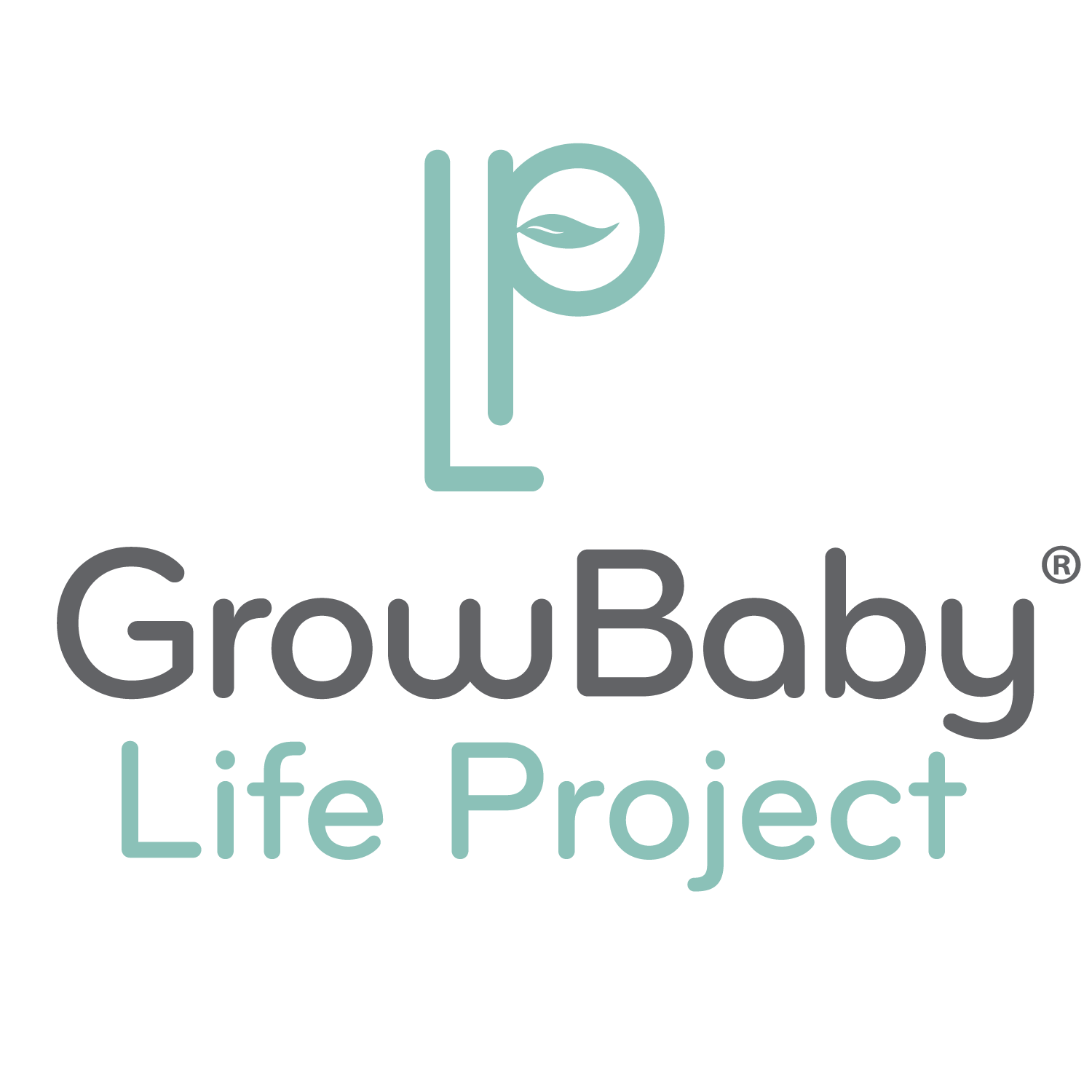
Generational Health Starts With You
And Continues With You…
OB/GYNs, MDs, DOs, NDs, DCs, Midwives, PA-Cs, NPs, Nutrition Professionals.
We Cannot Do This Without You.
Preconception
Recognize: Modifiable nutrition/lifestyle factors contribute to health & the reversal of certain chronic conditions
Empower: Lifestyle change
Goal: Optimization of preventative care for all men & women of reproductive age
49% of pregnancies are unintended
6.7% of pregnant women begin care in 2nd trimester (after organogenesis)
NO traditional preconception care for men
Pregnancy
Recognize: Maternal morbidities & adverse fetal outcomes impact lifelong health
SGA: highest quartile risk for developing all chronic disease
LGA: second quartile risk for developing all chronic disease
PIH: increased risk for SGA
GDM: increased risk for LGA and SGA
PTB: increase F1-anxiety, depression, ASD, ADD, schizophrenia, dementia and decreased cognitive function.
Stress Dysregulation Phenotype (SDP): increased F1 cortisol response disruption, affective disorder
Postpartum
Recognize: Nutrient insufficiencies, immune challenges, toxic exposure, stress load, delivery method and feeding method all dramatically impact maternal brain structure and behaviour.
Recognize: The critical role of the primary care provider in the postpartum time period for maternal, and transgenerational health and resilience.
Maternal neural responses ARE mediated by the mother’s own childhood experience and high quality maternal care in childhood is associated with increased grey matter regulating emotions and social & sensory information processing.
Used with permission, Anu Desai, PhD, All Rights Reserved, 2022
“How Can We Think & See Differently to Change An Outcome?”
— Michael Stone, MD, MS, IFMCP, Director of Medical Research, GrowBaby Life Project
First 1000 Days
Recognize: Immune resilience & the Internal ecosystem of yeasts and bacteria largely develops after birth to about 3-4 years old playing an important role in immune balance, health and illness.
The microbiome is influenced by the conditions in the womb, the mode of delivery, the milk fed the infant (breastmilk, formula), the use of antibiotics and other medications during pregnancy and the infant’s first years.
Early establishing of the microbiome can be influence the occurrence of allergies, asthma, and inflammatory bowel disease.
Evidence suggests that early-life antibiotic use can alter gut microbiome, predisposing children to obesity. The obesity epidemic has a disproportionate effect on individuals from lower socioeconomic status. Children from high-poverty areas were significantly more likely to have received antibiotics at 1 week of life. Approximately 20% of all pediatric outpatient visits in the United States result in an antibiotic prescription, yielding an annual average of 49 million pediatric antibiotic courses - Within the United States, antibiotic prescribing rates are highest in the Southeast region.
First 2000 Days
Recognize: “We do not eat alone.” Micro & macronutrient diversity, adequate fluid intake, community eating, appropriate relationship, connection & communication all create an opportunity to shift a disease state (most powerfully via gut & immune health), no matter the age and stage.
Encourage Resilience - Encouraging Plasticity
•Focus on the Modifiable: sleep, movement, nutrition, relationships, thoughts and emotions.
•Remove Toxicity whenever your able
•Focus on Color in experiences, food, smell, music- all the hedonic senses
•Allow genetics to empower, not cause fear & continue to learn the impactful points and phenotypic markers to follow change and function.
•No matter what the age: how do we continue to encourage improved physical, physiologic, emotional, cognitive, and social function?
Teenage - Adulthood
Recognize: The power of history and consider paternal preconception health, in utero exposures, maternal morbidities, delivery mode, feeding method, infections social determinants of health, and ACE scores. 60% of the US has a >4 ACE score - and a child/teenager with adverse childhood experiences has greater learning and behavioral issues, higher risk of earlier sexual activity, adolescent pregnancy & more health issues including: obesity, heart disease, alcoholism, suicidal ideation, drug use all of which are many times more frequent. Healthy brain development is often disrupted or impaired by prolonged pathologic stress response.
This has lifelong implications for learning, behavior, health and adult functioning. There is always time to encourage resilience, and it starts with their story.


